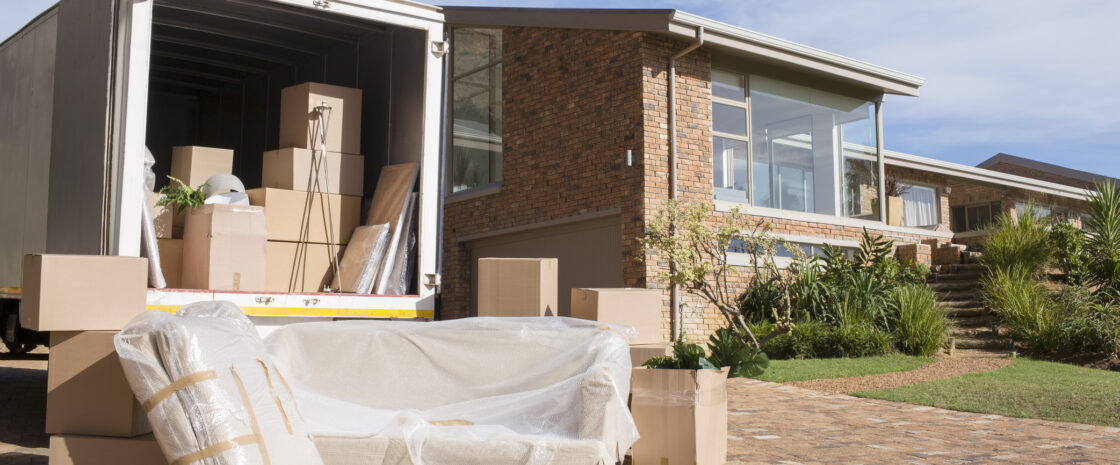Buying a home is a painstaking task, not just because of all the boxes you need to tick and the paperwork involved, but because of the sheer expense of the whole operation. These costs are especially true if you’re unprepared for the barrage of charges you’ll face on your way to homeownership.
Below is a list of all your mortgage expenses apart from the mortgage itself, roughly in order from start to finish, though this order can always vary. Once you’re aware of everything on the list, you’ll at least be better prepared for what costs will confront you along the way.
This list of the costs involved in buying has two sections:
- Upfront costs involved before becoming a homeowner, and
- Ongoing costs post-settlement.
The average costs of buying a house are typically between 7 and 11% of the purchase price. That means, on a $500,000 home loan, you would pay from $35,000 and $55,000 in extra fees in addition to the house deposit.
Upfront mortgage costs pre-settlement
Upfront costs are the initial fees and expenses involved when buying a property. These costs are typically one-off and only charged during the home-buying process. The most cost-effective way to cover the costs is to pay them out-of-pocket as a one-time expense.
- Home loan application fee, or establishment fee: A one-time fee charged at the start of your home loan application for the processing and documentation of your loan. Some lenders may offer products with a waived application/establishment fee, but, when applied, the cost typically ranges from $200 to $700.
- Lenders’ mortgage insurance: Insurance to protect your lender against the risk of you defaulting on your loan (ceasing to make payments). Mortgage insurance is only applicable if you pay less than a 20% deposit on your loan. The cost is usually between 1 and 3% of your loan amount.
- Legal and conveyancing fees: A solicitor or conveyancer can review your contract, check and transfer the title, draft documents, and handle any important paperwork. This includes the process of transferring a property from one owner to the next by a solicitor and the fees associated with the process. Depending on the work involved, this expense can range between $700 and $2500.
- Property valuation fees: This one-off fee covers the cost of a lender’s valuation of your property to safeguard and ensure that your deposit and the amount borrowed for the home loan are appropriate for the property. Depending on the property type, location and value, the cost is usually around $100 to $300.
- Mortgage registration fees: A state government fee to register the physical property as the security on the home loan, allowing future buyers to check any claims on the home. You’ll pay this when the loan is established.
- Building and pest inspections: Fees experts charge to determine the condition of a property before purchase to alert the buyer of any flaws.
- Search processing fees: You’ll need to pay your lender to perform a search related to your application, such as a title search, or before you bid at an auction. These fees generally cost about $50 per search.
- Stamp duty: A tax levied by the state government on the buyer of a property and payable upfront. The cost varies from state to state, and some stamp duty concessions may be available to first-home buyers. Depending on the type of home loan, your lender may add stamp duty fees to the total mortgage cost.
- Land tax and title registration: An annual tax on your land levied by state and territory governments (except NT) above a certain value threshold, depending on where you live. The cost varies based on state and territory government.
- General moving costs: The costs associated with hiring removalists and other expenses, such as buying or hiring cardboard boxes, which could total more than $1000, depending on the size of your move.
» MORE: Do I need title insurance?
Ongoing costs of buying and owning a home
Ongoing costs are the continual expenses associated with owning a home. These could recur weekly, monthly, annually, or at another specified cadence.
- Strata fees: A monthly contribution made by apartment owners, payable to the strata operating fund of an apartment block for the upkeep of common areas and to contribute to a reserve fund.
- Council rates: Rates paid by all homeowners in a council area for services, such as maintaining local roads and open spaces, such as parks and gardens.
- Monthly service fees: A fee charged by your lender for the service and administration of your home loan. It typically ranges from $5 to $15.
- Annual fees: A fee charged by some lenders on your mortgage, which often waived in lender promotions. This cost generally ranges from $300 to $400.
- Home and contents insurance: An insurance policy taken out to insure against loss or damage of property through events such as fires.
- Maintenance and repairs: The amount associated with the upkeep on your property, which can run into thousands of dollars, depending on the property’s condition.
- Switching fees: Fees associated with switching your loan from a fixed-rate to a standard variable rate, for example, either with your current lender or a new one.
- Exit fees: The fees associated with ending your mortgage before the agreed-upon term. Check with your lender to minimise these sorts of fees as much as possible.
DIVE EVEN DEEPER

Mortgage Glossary and Home Loan Terminology
Confused by mortgage jargon? This glossary of home loan terminology includes words and phrases first-time buyers are likely to encounter in Australia.

Renting vs Buying in Australia: Which Is Best?
If deciding between renting vs buying in Australia, the best option weighs up the state of the market and your financial circumstances.

How to Pay Off Your Mortgage Faster
Pay off your mortgage early by making extra payments, switching to fortnightly payments, opening a redraw facility, offset account, refinancing and more.

What Are Mortgages and How Do They Work in Australia?
Home loans are not overly complicated, but having a rudimentary understanding of the fundamentals will give you a head start as you set out on the great Aussie home ownership journey.

